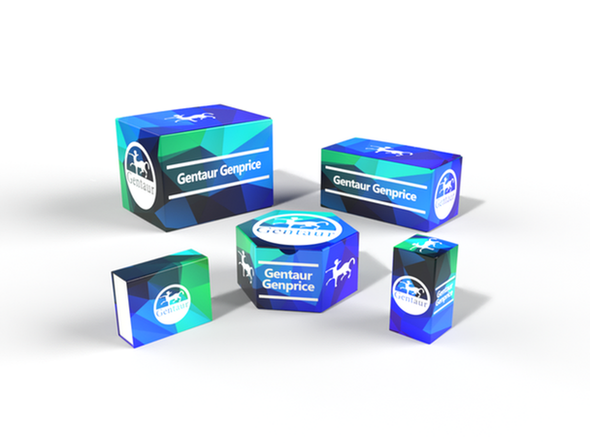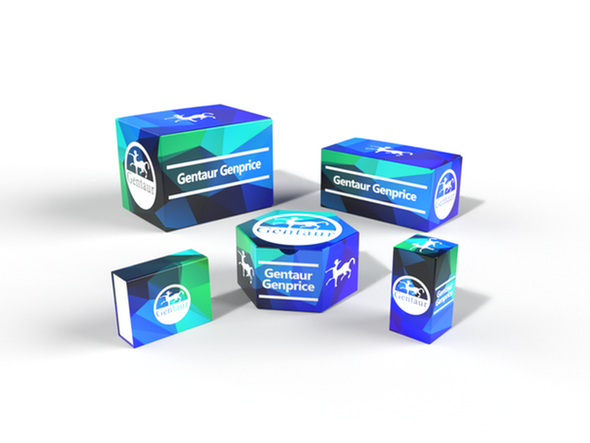26
ApoJ/Clusterin, mouse recombinant | 7554
- SKU:
- 26-7554-GEN
- Availability:
- Usually shipped in 5 working days
Description
Native Apolipoprotein J (ApoJ), also named Clusterin, is a heavily glycosylated, 75-80 kDa disulfide-linked heterodimeric protein. Despite being cloned since 1989, no genuine function has been attributed to ApoJ so far. The protein has been reportedly implicated in several diverse physiological processes such as sperm maturation, lipid transportation, complement inhibition, tissue remodeling, membrane recycling, cell-cell and cell-substratum interactions, stabilization of stressed proteins in a folding-competent state and promotion or inhibition of apoptosis. ApoJ gene is differentially regulated by cytokines, growth factors and stress-inducing agents. Clusterin is up- or down regulated on the mRNA or protein level in many pathological and clinically relevant situations including cancer, organ regeneration, infection, Alzheimer disease, retinitis pigmentosa, myocardial infarction, renal tubular damage, autoimmunity and others.
7554 | ApoJ/Clusterin mouse recombinant DataSheet
Biomolecule/Target: ApoJ/Clusterin
Synonyms: TRPM-2, Apolipoprotein J, APO-J, CLI, CLU, SGP-2, AAG4, KUB1, SGP2, SP-40, TRPM2, MGC24903.
Alternates names: Glioma-derived growth factor, GDGF, Osteosarcoma-derived Growth Factor, ODGF, PDGF-AA, PDGF-1, Alpha platelet-derived growth factor receptor, CD140 antigen-like family member A, CD140a antigen, Platelet-derived growth factor alpha receptor
Taglines: A heavily glycosylated protein upregulated in multiple pathological conditions
NCBI Gene ID #: 18590
NCBI Gene Symbol: PDGFA
Gene Source: Mouse
Accession #: P20033
Recombinant: Yes
Source: E. coli
Purity by SDS-PAGEs: 97%
Assay: SDS-PAGE
Purity: N/A
Assay #2: N/A
Endotoxin Level: <1 EU/g by LAL method
Activity (Specifications/test method): N/A
Biological activity: In progress
Results: N/A
Binding Capacity: N/A
Unit Definition: N/A
Molecular Weight: 28.9 kDa
Concentration: 1 mg/ml
Appearance: Liquid
Physical form description: 1 mg/ml of 0.2 m-filtered solution in 55 mM Tris-Cl, pH 8.2, containing 150 mM NaCl.
Reconstitution Instructions: When reconstituting the product, gently pipet and wash down the sides of the vial to ensure full recovery of the protein into solution. It is recommended to reconstitute the lyophilized product with sterile HO to a concentration of 0.1-0.5 mg/ml, which can be further diluted into other aqueous solutions.
Amino acid sequence: N/A






